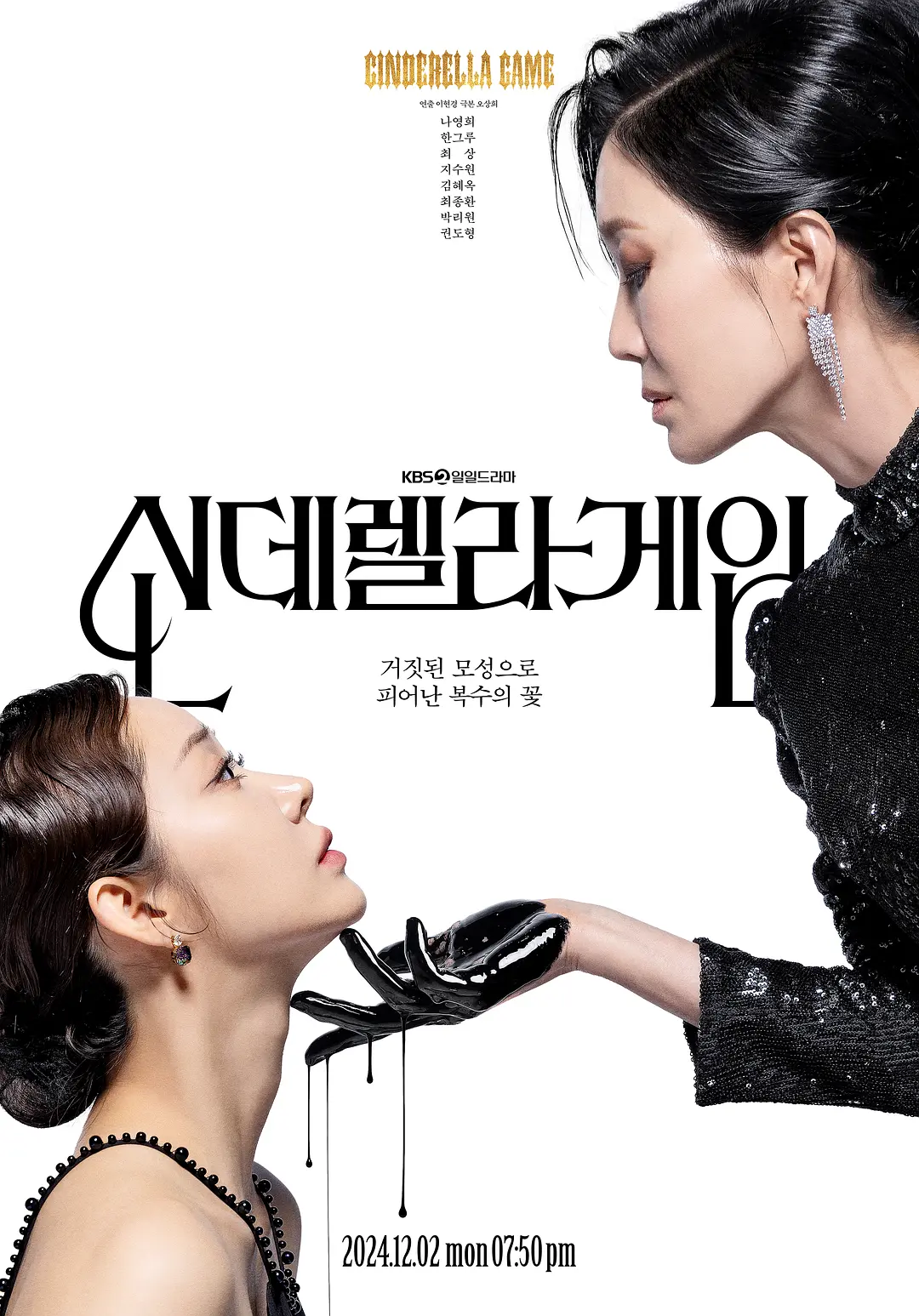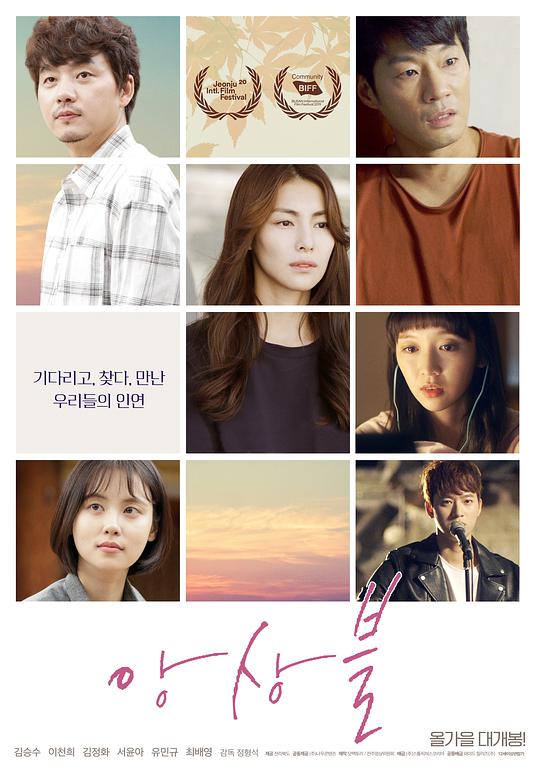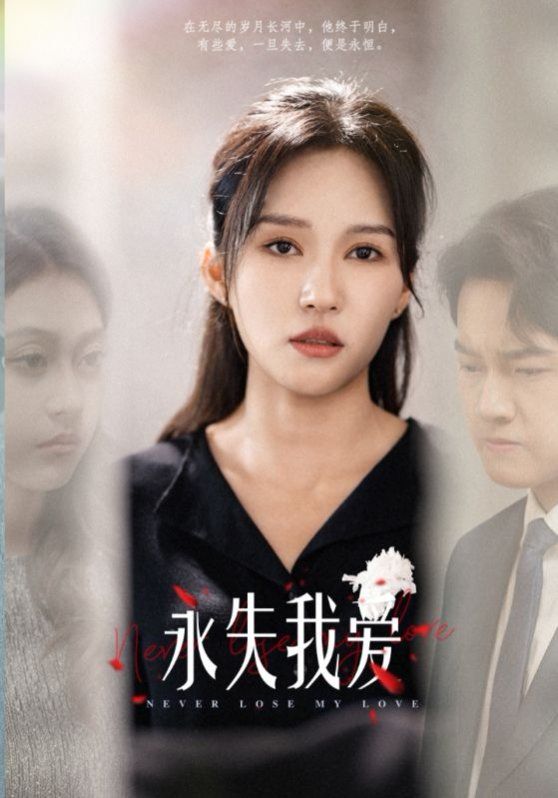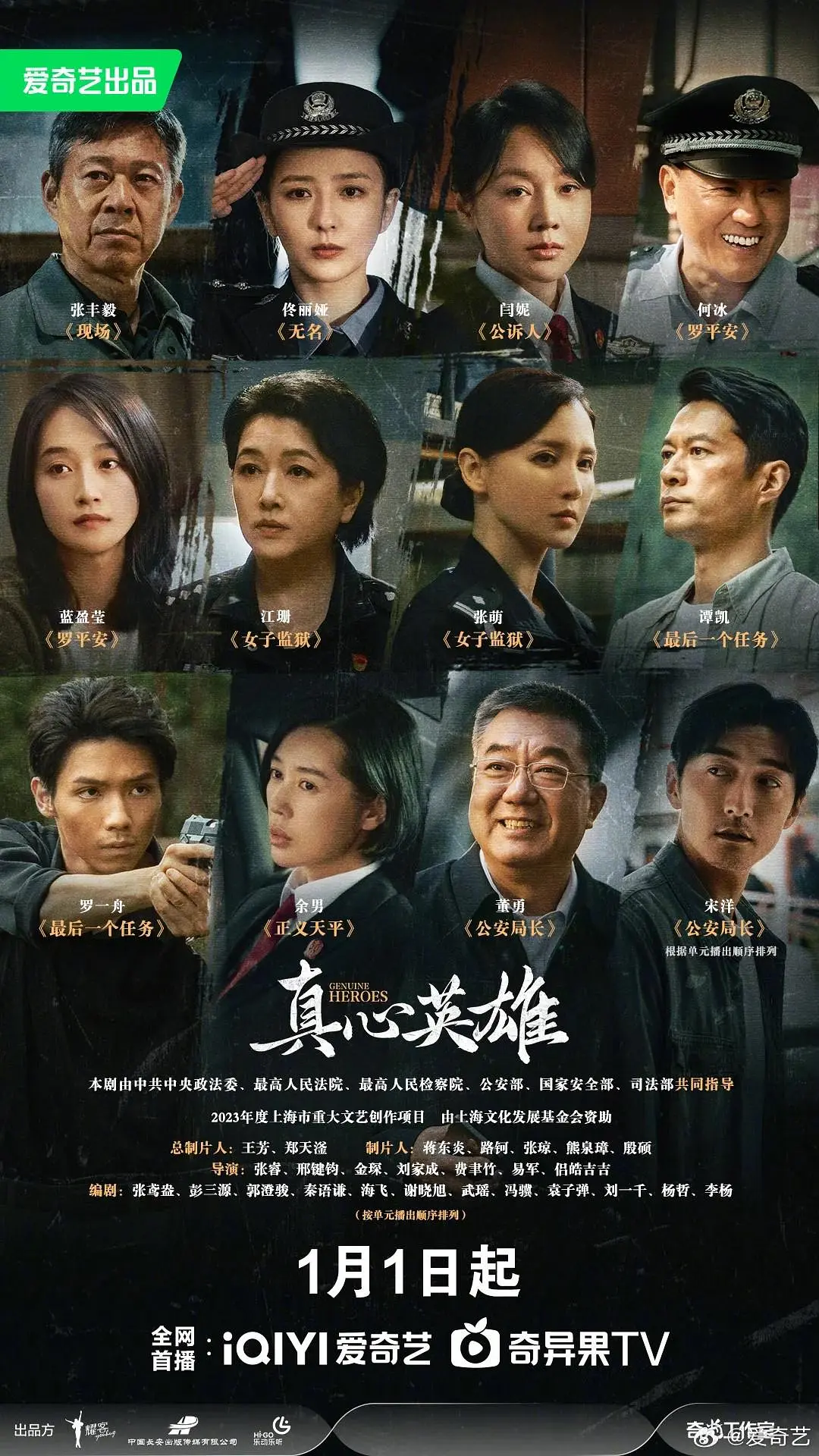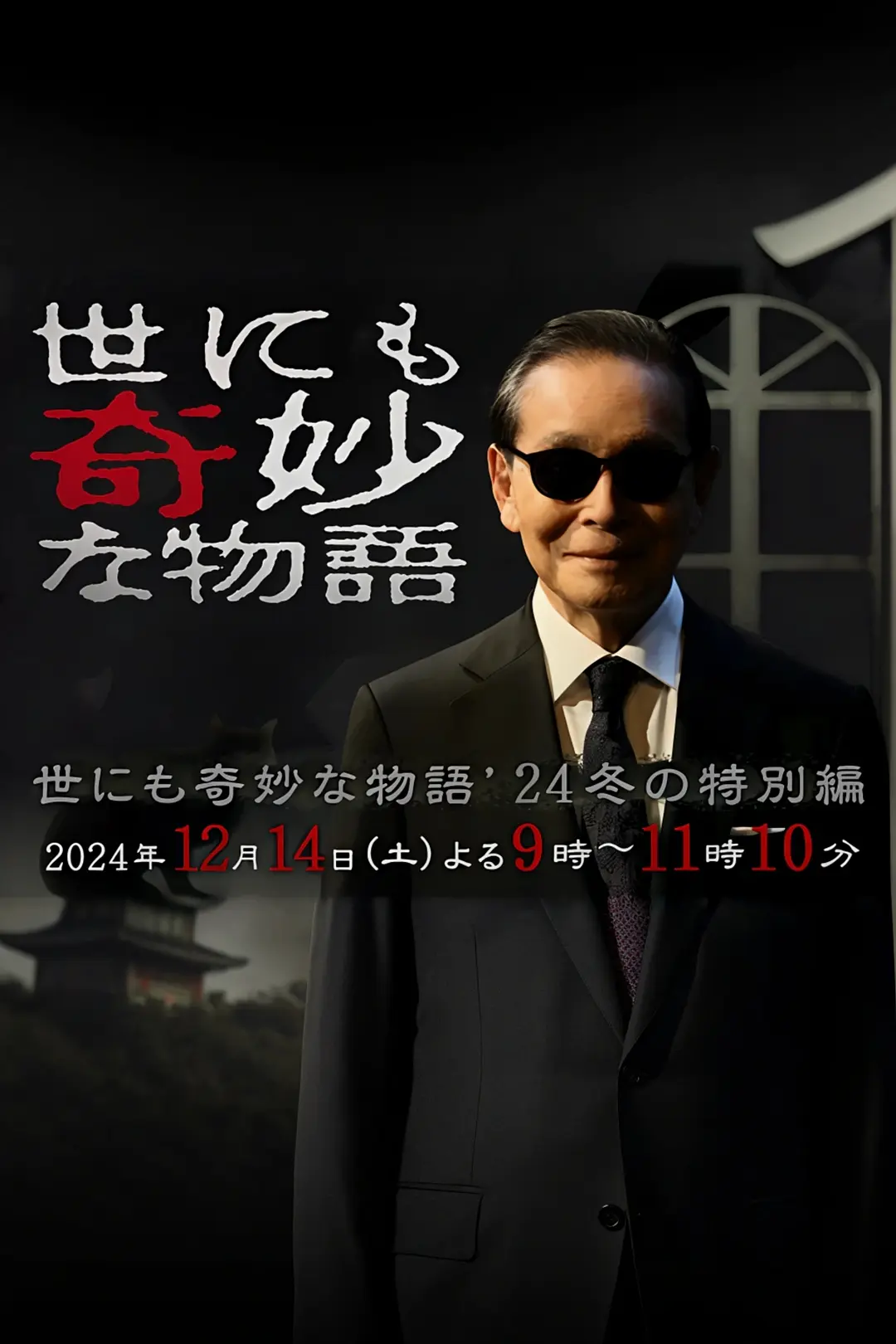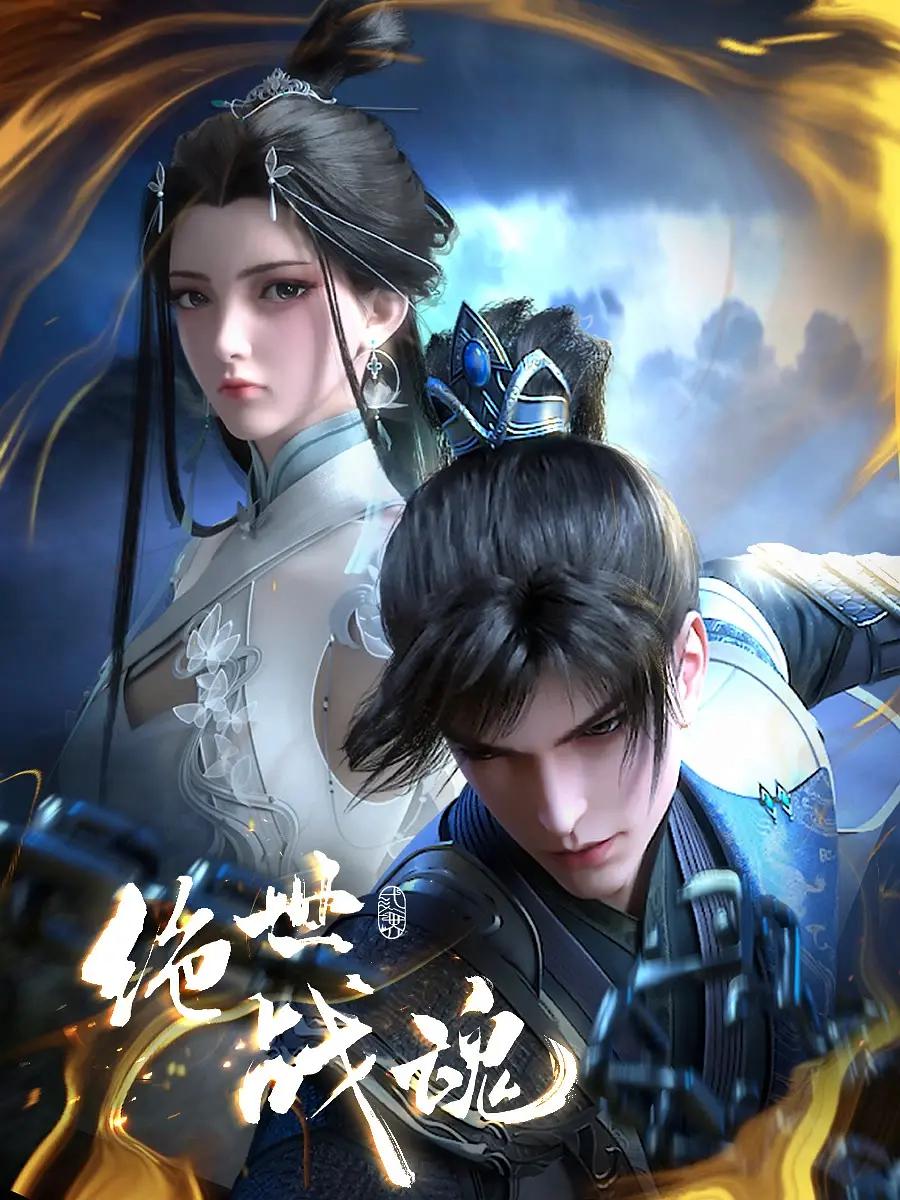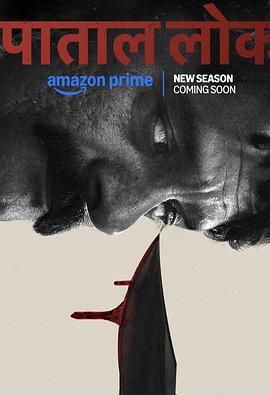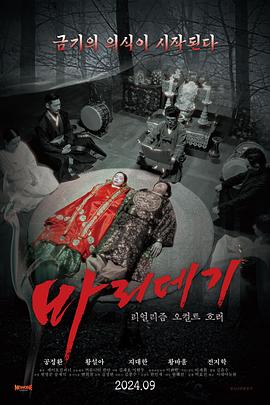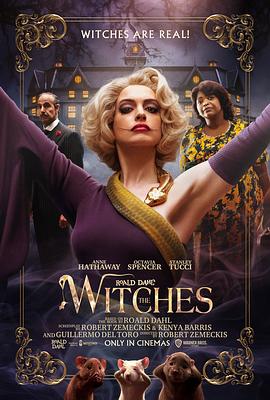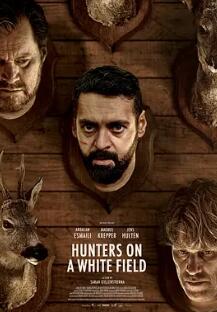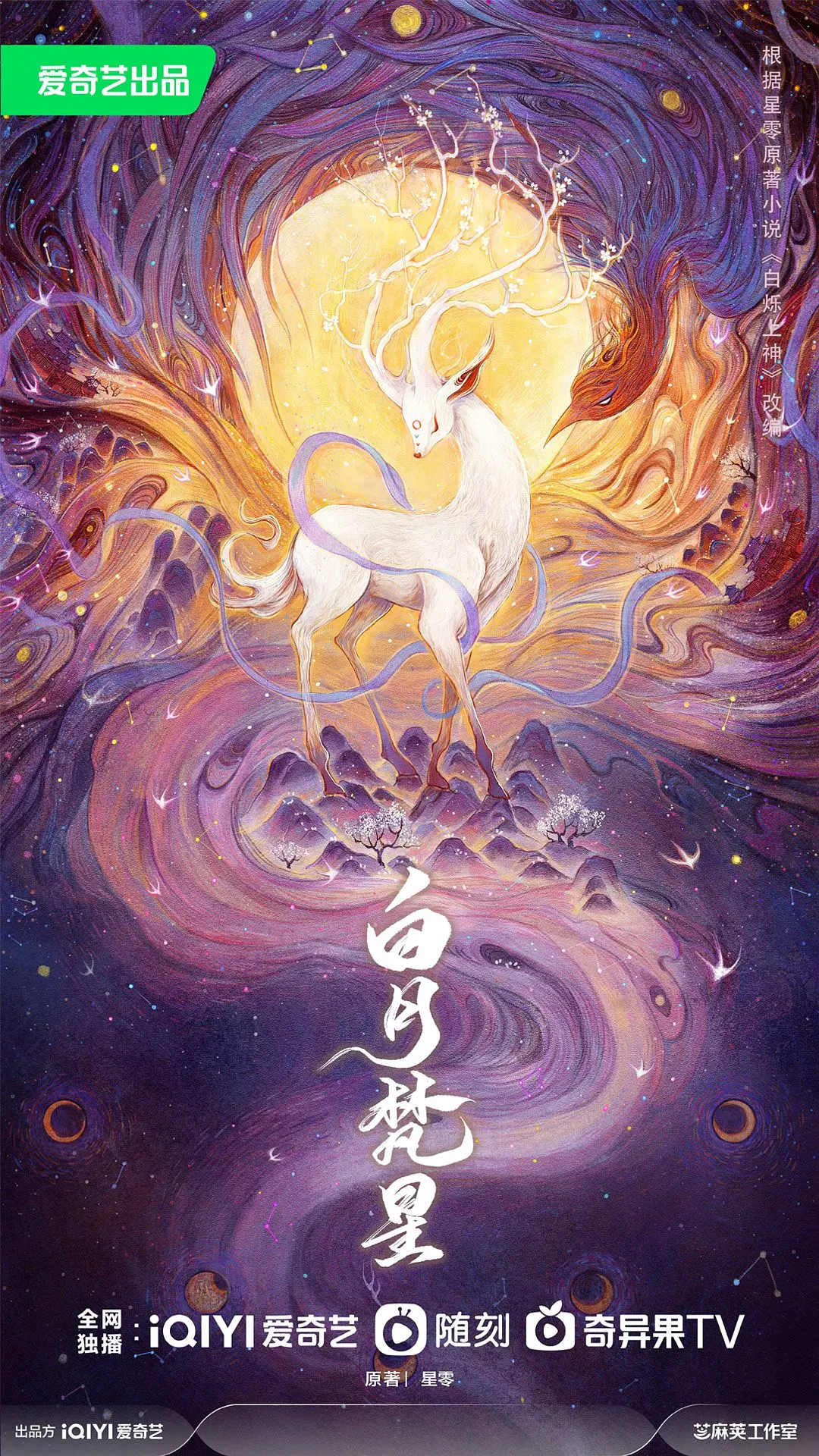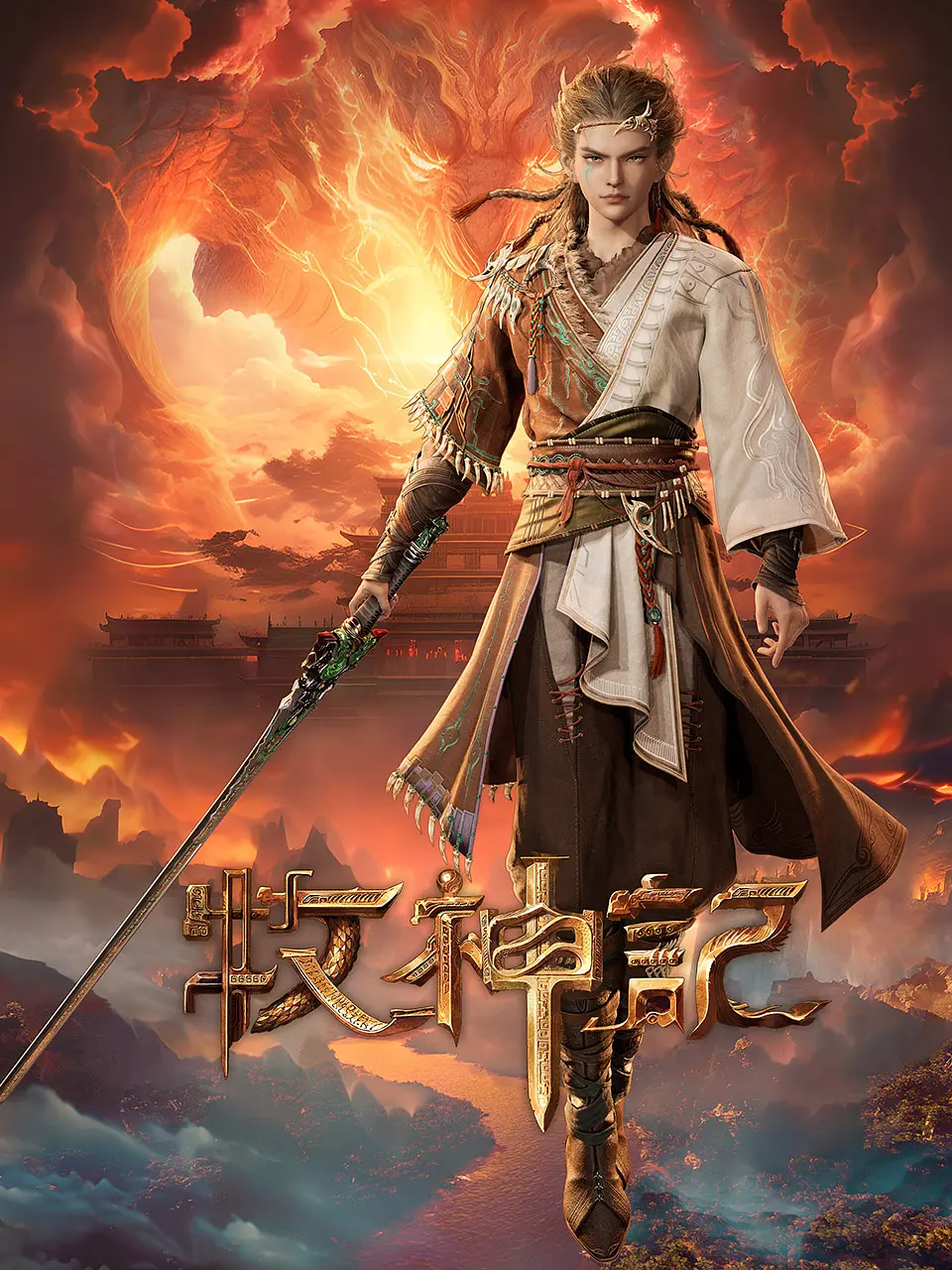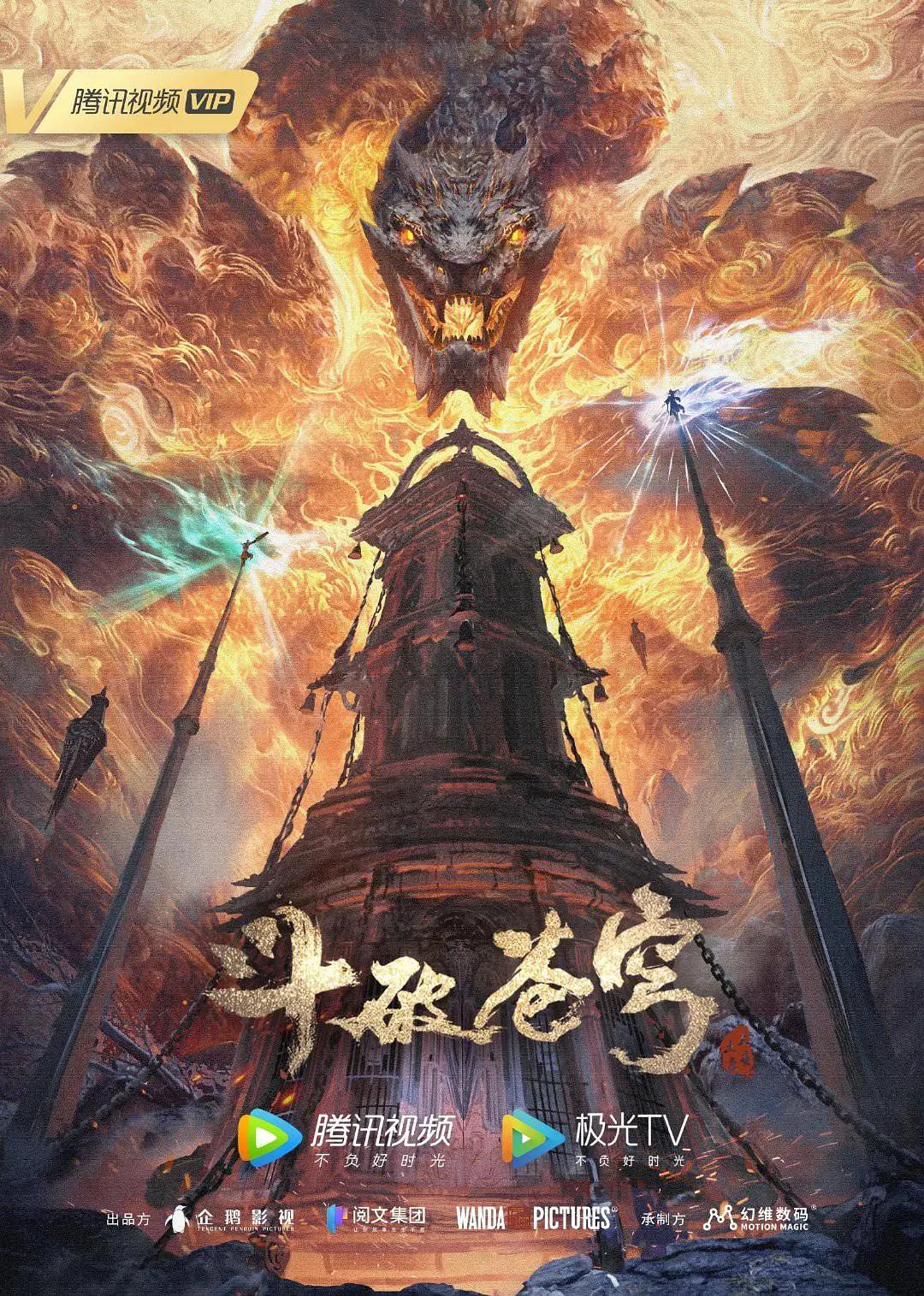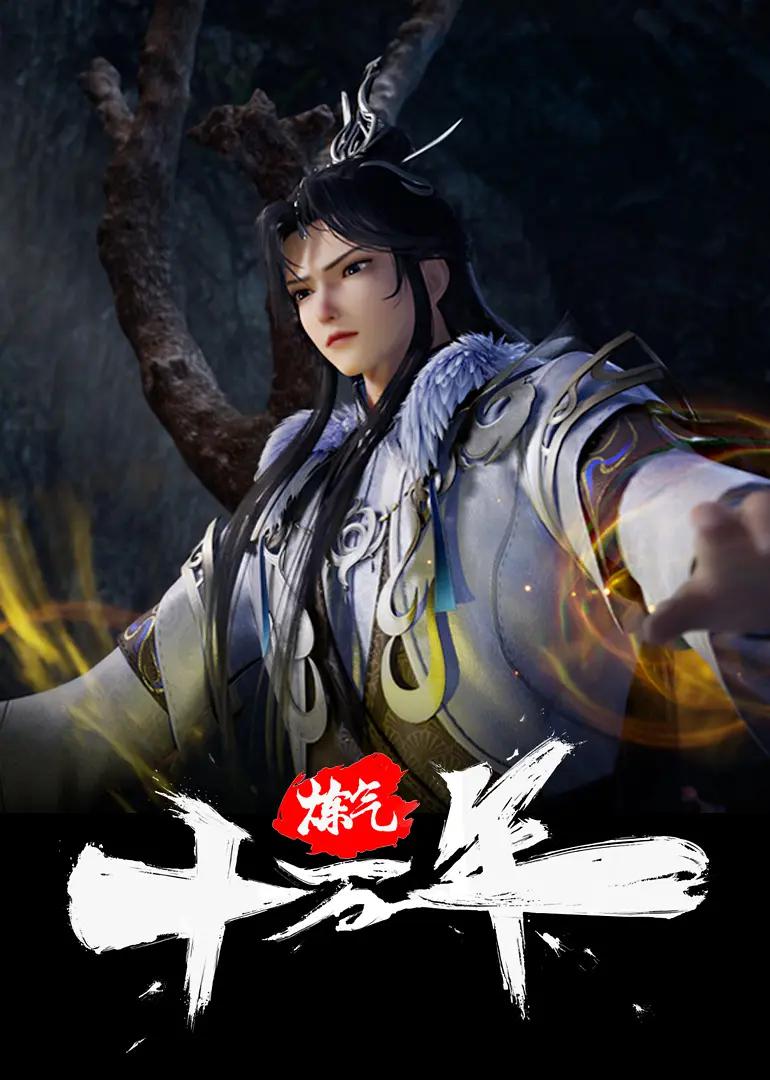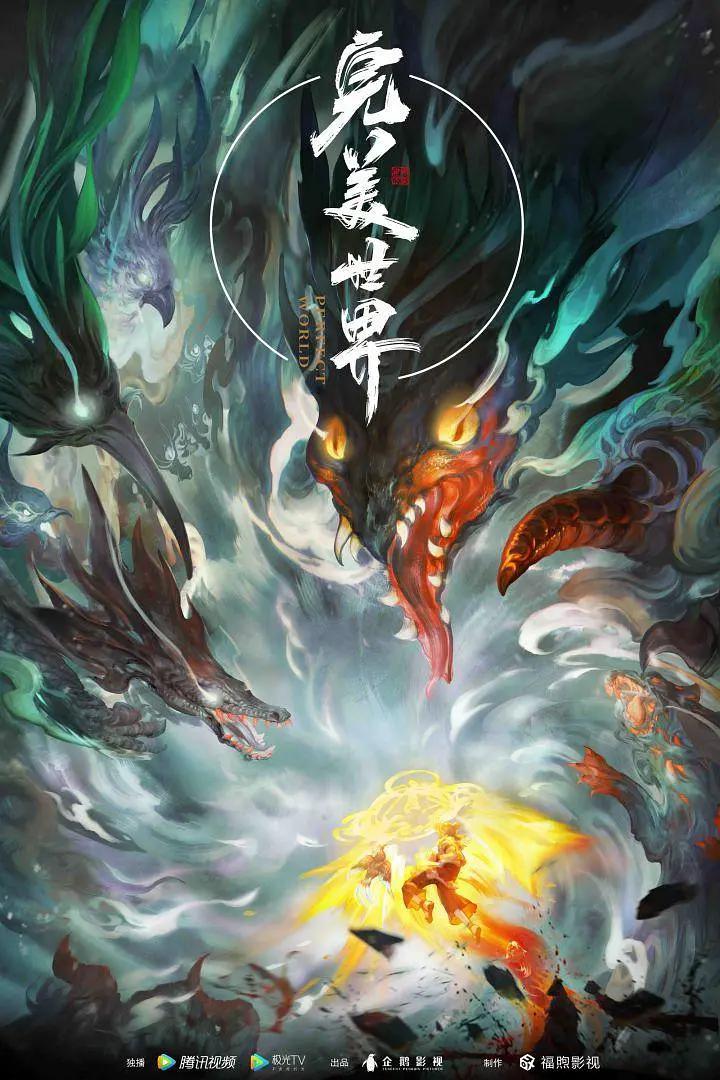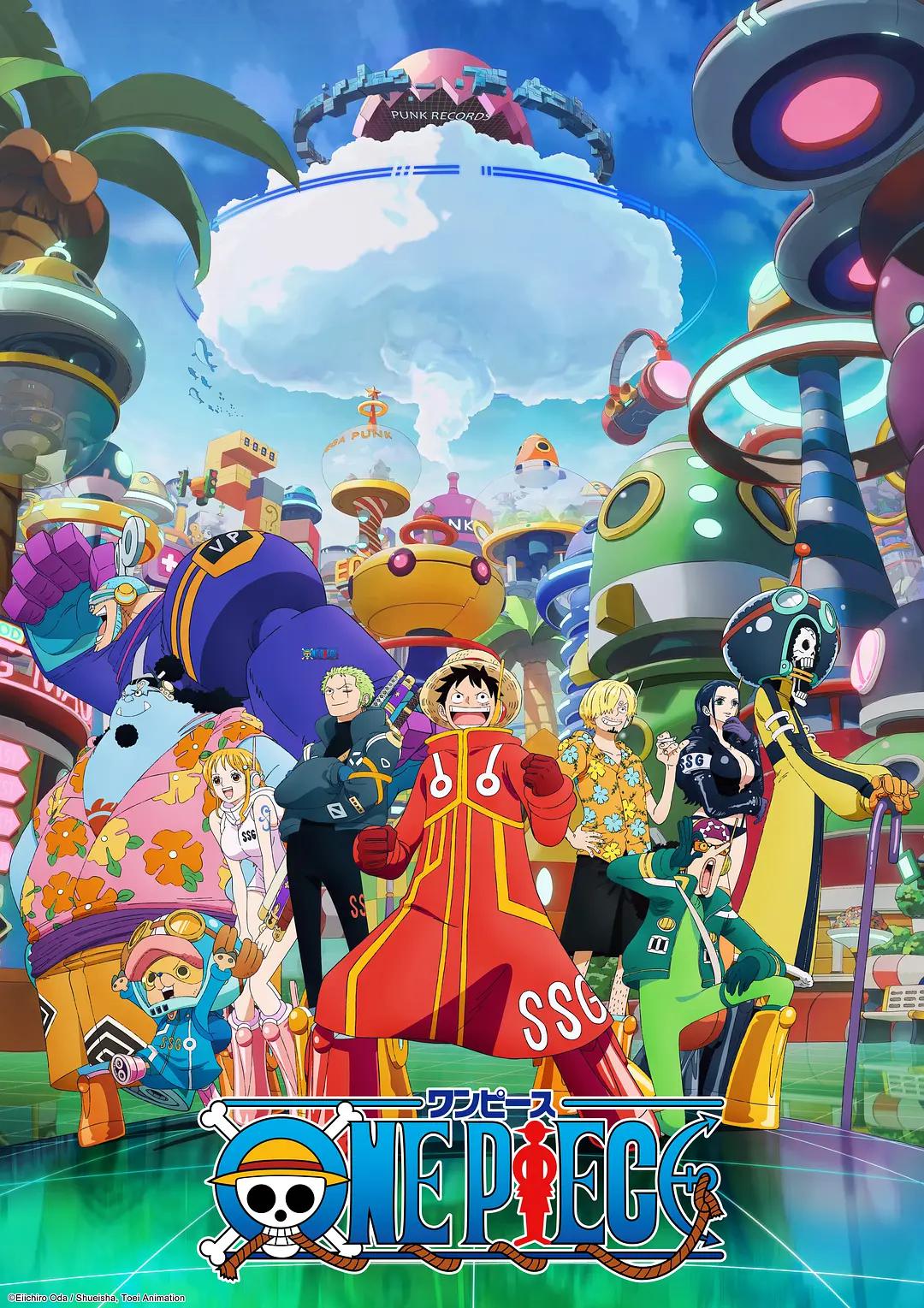剧情:
Somewhere in the remote region, the war ends. In the midst of ruined cities and houses in the streets, in rural hamlets, everywhere where people still live, are children who have lost their homes and parents. Abandoned, hungry, and in rags, defenseless and humiliated, they wander through the world. Hunger drives them. Little streams of orphans merge into a river which rushes forward and submerges everything in its path. The children do not know any feeling; they know only the world of their enemies. They fight, steal, struggle for a mouthful of food, and violence is merely a means to get it. A gang led by Cahoun finds a refuge in an abandoned castle and encounters an old composer who has voluntarily retired into solitude from a world of hatred, treason, and crime. How can they find a common ground, how can they become mutual friends? The castle becomes their hiding place but possibly it will also be their first home which they may organize and must defend. But even for this, the price will be very high. To this simple story, the journalist, writer, poet, scriptwriter, movie director, and film theoretician Béla Balázs applied many years of experience. He and the director Géza Radványi created a work which opened a new postwar chapter in Hungarian film. Surprisingly, this film has not lost any of its impact over the years, especially on a profound philosophical level. That is to say, it is not merely a movie about war; it is not important in what location and in what period of time it takes place. It is a story outside of time about the joyless fate of children who pay dearly for the cruel war games of adults. At the time it was premiered, the movie was enthusiastically received by the critics. The main roles were taken by streetwise boys of a children's group who created their roles improvisationally in close contact with a few professional actors, and in the children's acting their own fresh experience of war's turmoil appears to be reflected. At the same time, their performance fits admirably into the mosaic of a very complex movie language. Balázs's influence revealed itself, above all, in the introductory sequences: an air raid on an amusement park, seen in a montage of dramatic situations evoking the last spasms of war, where, undoubtedly, we discern the influence of classical Soviet cinematography. Shooting, the boy's escape, the locomotive's wheels, the shadows of soldiers with submachine guns, the sound of a whistle—the images are linked together in abrupt sequences in which varying shots and expressive sharp sounds are emphasized. A perfectly planned screenplay avoided all elements of sentimentality, time-worn stereotypes of wronged children, romanticism and cheap simplification. The authors succeeded in bridging the perilous dramatic abyss of the metamorphosis of a children's community. Their telling of the story (the scene of pillaging, the assault on the castle, etc) independently introduced some neorealist elements which, at that time, were being propagated in Italy by De Sica, Rossellini, and other film artists. The rebukes of contemporary critics, who called attention to "formalism for its own sake" have been forgotten. The masterly art of cameraman Barnabás Hegyi gives vitality to the poetic images. His angle shots of the children, his composition of scenes in the castle interior, are a living document of the times, and underline the atmosphere and the characters of the protagonists. The success of the picture was also enhanced by the musical art of composer Dénes Buday who, in tense situations, inserted the theme of the Marseilaise into the movie's structure, as a motive of community unification, as an expression of friendship and the possibility of understanding. Valahol Europaban is the first significant postwar Hungarian film. It originated in a relaxed atmosphere, replete with joy and euphoria, and it includes these elements in order to demonstrate the strength of humanism, tolerance, and friendship. It represents a general condemnation of war anywhere in the world, in any form.收起
相关影片
2016剧情日本
更新至35集
1946剧情美国
凯特(贝蒂·戴维斯 Bette Davis 饰)和帕特里希(贝蒂·戴维斯 Bette Davis 饰)是一对孪生姐妹,拥有一模一样的长相,就连亲生父母都很难分辨出她们究竟谁是谁。一位名叫比尔(格伦
更新至19集
2020剧情韩国
第1集
1994剧情大陆
已完结
1998剧情香港
第29集
2024剧情日本
HD
2025剧情大陆
正片
2020剧情大陆
更新至355集
第8集
2024剧情韩国
【资讯】导演金鎮雅将执导由Insook Chappell编剧,英国电影协会给予开发支持的韩英合拍电影《巴里公主》。 电影《巴里公主》改编自黃晳暎作家的韩国小说《巴里公主》,小说以朝鲜族巫俗神话故
HD
2024剧情美国
三个成年兄弟姐妹(拉莫特-基普内斯、道登、劳埃德-琼斯)在圣诞节回到童年的家,履行已故祖母的遗愿,并试图就家族公司的新领导达成一致。安妮·默克尔(波士顿)——也被称为奇迹夫人——假扮遗产规划师,用
HD中字
2020剧情美国 / 墨西哥 / 英国
正片
2024剧情其它
HD中字
2024剧情中国大陆
HD
2025剧情美国
詹妮弗·洛佩兹 鲍比·坎纳瓦尔 肖恩·海托西 迈克尔·佩纳 唐·钱德尔 麦凯尔泰·威廉逊 贾雷尔·杰罗姆 朱莉安娜·甘米兹 梅丽莎·迪亚兹 Alex Barone Tiffany Cornwell 卡洛斯·索洛萨诺 Chrissy Bergeron Mateo Ray Garcia 帕克·萨克 Noen Perez 奇梅奇·奥帕拉诺齐 Timothy Hornor Levee Duplay 本杰明·贝奈特
杰森·霍尔([美国狙击手])将自编自导聚焦摔跤明星Anthony Robles的新片[势不可挡](Unstoppable,暂译)。本片改编自Robles的回忆录,约翰·辛德曼撰写了剧本的最新稿。R
HD中字
正在热播
更多2025国产剧大陆
独家推荐
第25集
2023大陆动漫大陆
推荐
更新至97集
2024大陆动漫大陆
独家推荐
更新至14集
2025国产剧中国大陆
独家推荐
更新至05集
更新至第130集
2023大陆动漫大陆
推荐
更新至202集
2023动漫中国大陆
独家推荐
更新至38集
2021大陆动漫大陆
独家推荐
第198集
2023大陆动漫大陆
独家推荐
更新至第72集
2023剧情大陆
热播
HD国语
2023大陆动漫大陆
推荐
更新至第19集
1999日韩动漫日本
推荐
田中真弓 冈村明美 中井和哉 山口胜平 平田广明 大谷育江 山口由里子 矢尾一树 长岛雄一 池田秀一 古川登志夫 古谷彻 大塚周夫 津嘉山正种 草尾毅 大场真人 宝龟克寿 园部启一 柴田秀胜 中博史 阪口大助 竹内顺子 千叶繁 三石琴乃 挂川裕彦 堀秀行 田中秀幸 大友龙三郎 有本钦隆 大塚明夫 玄田哲章 小山茉美 土井美加 野田顺子 渡边美佐 野上尤加奈 林原惠美 水树奈奈 园崎未惠 西原久美子 久川绫 泽城美雪 池泽春菜 斋藤千和 神谷浩史 浪川大辅 森久保祥太郎 石田彰 高木涉 桧山修之 子安武人
传奇海盗哥尔•D•罗杰在临死前曾留下关于其毕生的财富“One Piece”的消息,由此引得群雄并起,众海盗们为了这笔传说中的巨额财富展开争夺,各种势力、政权不断交替,整个世界进入了动荡混乱的“大海
更新至第1122集
2024动作中国大陆
热播
HD国语
更新至第104集
2024科幻美国
热播
HD中字

